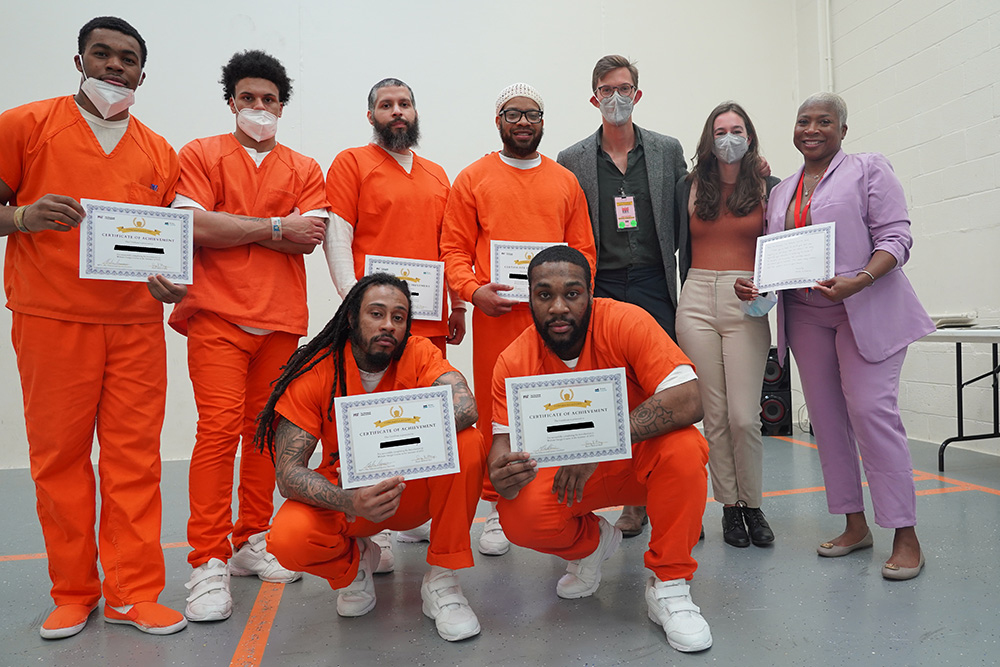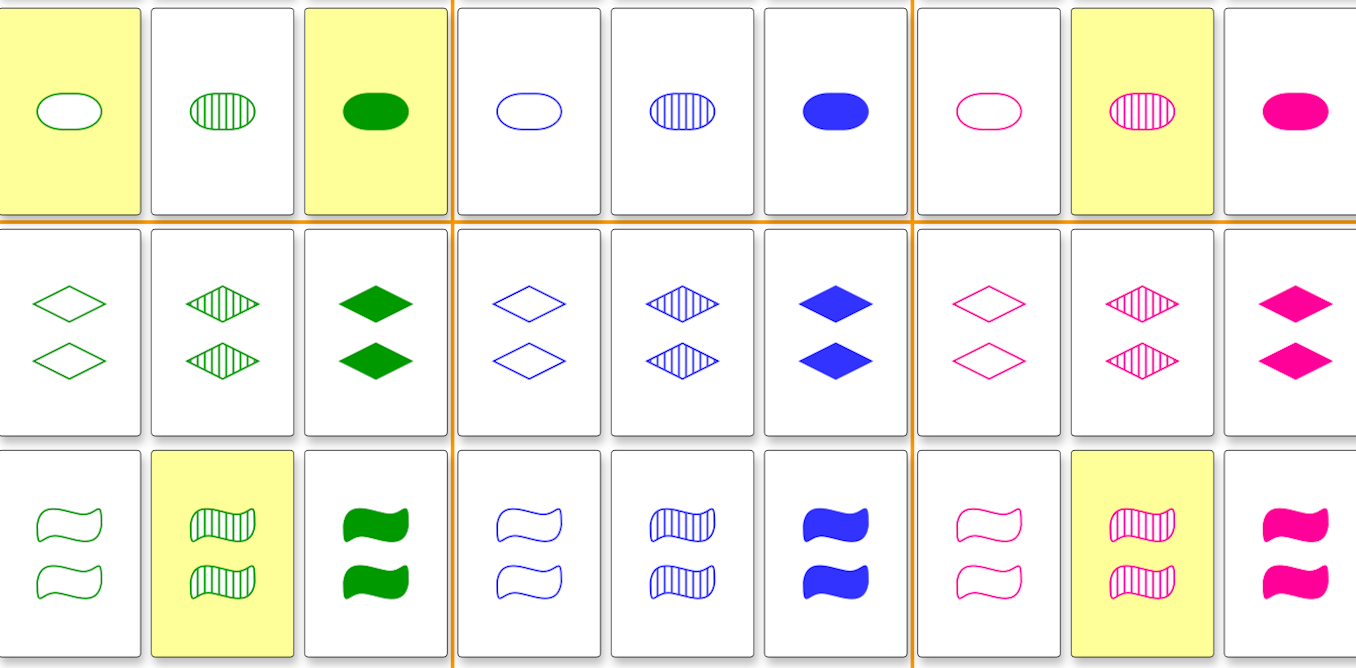From thousands to millions to billions to trillions to quadrillions and beyond: Do numbers ever end?
Here’s a game: Tell a friend to give you any number and you’ll return one that’s bigger. Just add ‘1’ to whatever number they come up with and you’re sure to win.
Manil Suri, Professor of Mathematics and Statistics, University of Maryland, Baltimore County •
conversation
April 15, 2024 • ~8 min
April 15, 2024 • ~8 min
Dali hit Key Bridge with the force of 66 heavy trucks at highway speed
A civil engineer lays out the physics behind Dali’s crash into the Francis Scott Key Bridge pier.
Amanda Bao, Associate Professor of Civil Engineering Technology, Environmental Management and Safety, Rochester Institute of Technology •
conversation
April 8, 2024 • ~5 min
April 8, 2024 • ~5 min
How AI and a popular card game can help engineers predict catastrophic failure – by finding the absence of a pattern
What mathematicians call ‘disordered collections’ can help engineers explore real-world worst-case scenarios. The simple card game Set illustrates how to predict internet and electrical grid failures.
John Edward McCarthy, Professor of Mathematics, Arts & Sciences at Washington University in St. Louis •
conversation
March 26, 2024 • ~7 min
March 26, 2024 • ~7 min
The ‘average’ revolutionized scientific research, but overreliance on it has led to discrimination and injury
The average might come in handy for certain data analyses, but is any one person really ‘average’?
Zachary del Rosario, Assistant Professor of Engineering, Olin College of Engineering •
conversation
March 1, 2024 • ~9 min
March 1, 2024 • ~9 min
Anyone can play Tetris, but architects, engineers and animators alike use the math concepts underlying the game
People young and old love the classic video game Tetris. A working knowledge of the spatial reasoning concepts underlying Tetris can set students up for success in mathematics.
Leah McCoy, Professor of Education, Wake Forest University •
conversation
Feb. 28, 2024 • ~7 min
Feb. 28, 2024 • ~7 min
/
33









